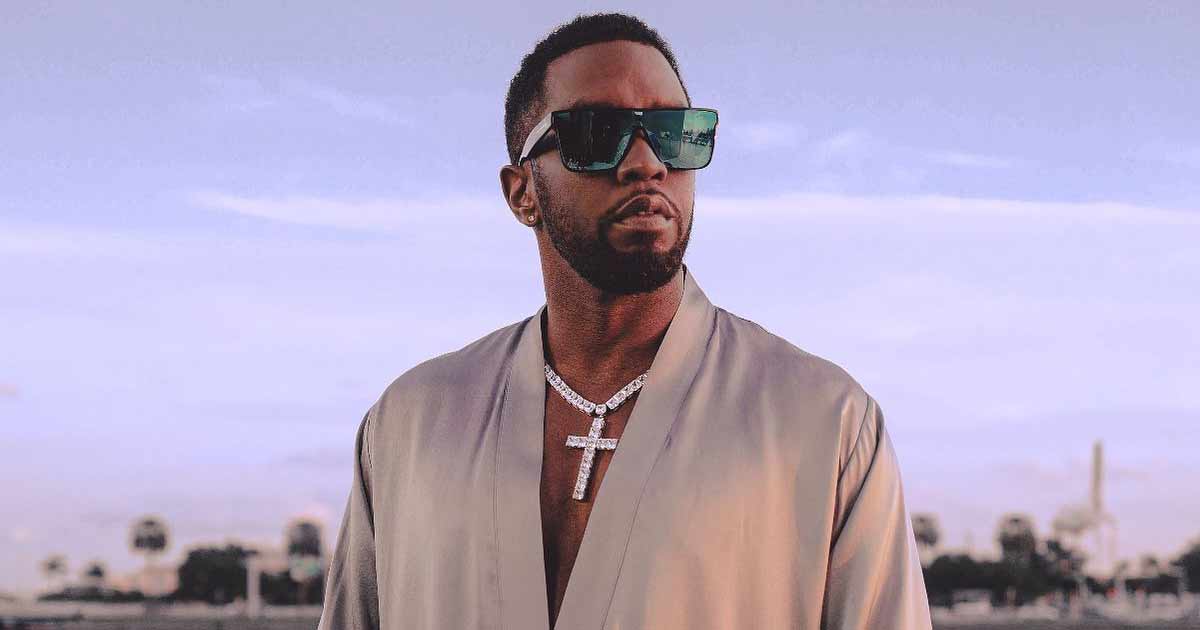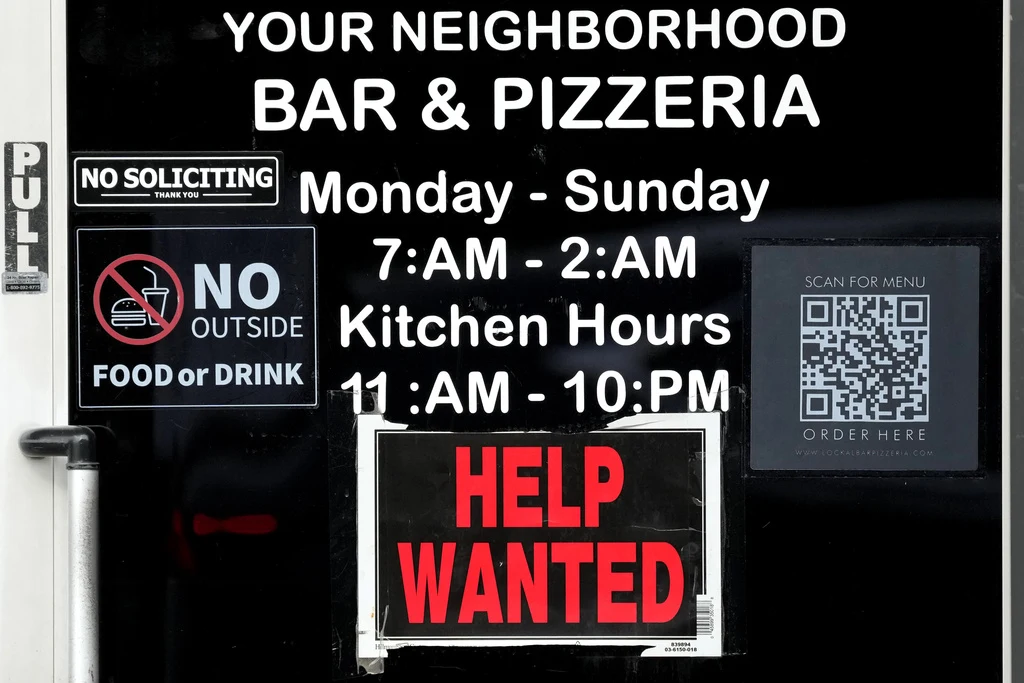“I’m always looking for characters because there’s not much that I can play with this stupid accent,” she says, playfully poking fun at herself. “I can’t play a scientist or be in [1993 historical drama] Schindler’s List. My acting jobs are kind of limited.”
At the time, she was in a holding deal with US television network ABC, and two of the shows she was cast in were cancelled after one season.
Monarch: Legacy of Monsters – creators talk authenticity in Godzilla series
Monarch: Legacy of Monsters – creators talk authenticity in Godzilla series
In the midst of it all, Blanco was the character she was reaching for. She read about Blanco obsessively, figuring all the knowledge would serve her well eventually: “I read every single book, every single article, every new note on the internet that came out. For many years, I read and read and read.”
It is easy to understand the intrigue. Known by a number of nicknames that evoke mythic status, including La Madrina (the Godmother) and La Viuda Negra (Black Widow), Blanco fled Colombia and rose to the top of the cocaine industry in Miami, in the US state of Florida, during the late 1970s, becoming a drug queen among kings.
Smuggling cocaine to Miami from Colombia, the mother of four built a vast drug empire and cemented a vicious reputation as someone who was believed to be the mastermind behind countless homicides during the so-called Cocaine Cowboy Wars in Miami in the 70s and 80s.
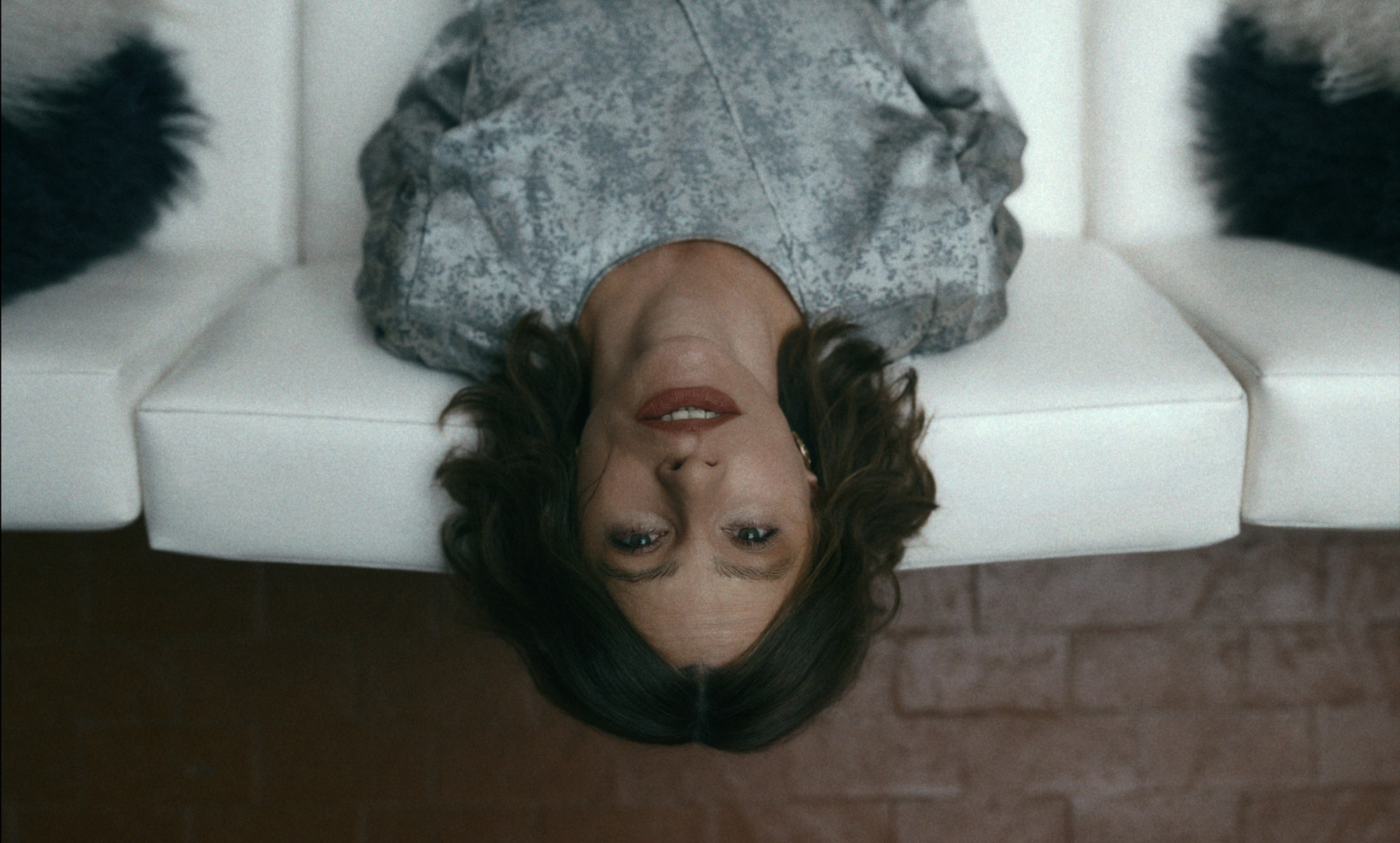
In 1985 she was arrested, found guilty of drug trafficking and sentenced to 15 years in federal prison; and later, in 1994, she was indicted on three murder charges – including that of three-year-old Johnny Castro, who was fatally shot while riding in a car with his father, who was the target. She spent almost two decades in federal prison before she was deported to Colombia in 2004.
Now, after some delay thanks to the longevity of her hit sitcom, the role Vergara has been eyeing for much of her career has made it to the screen. In Griselda, a six-part limited series available on Netflix, Vergara plays Blanco, and the story begins with her fleeing Colombia to Miami with her three sons.
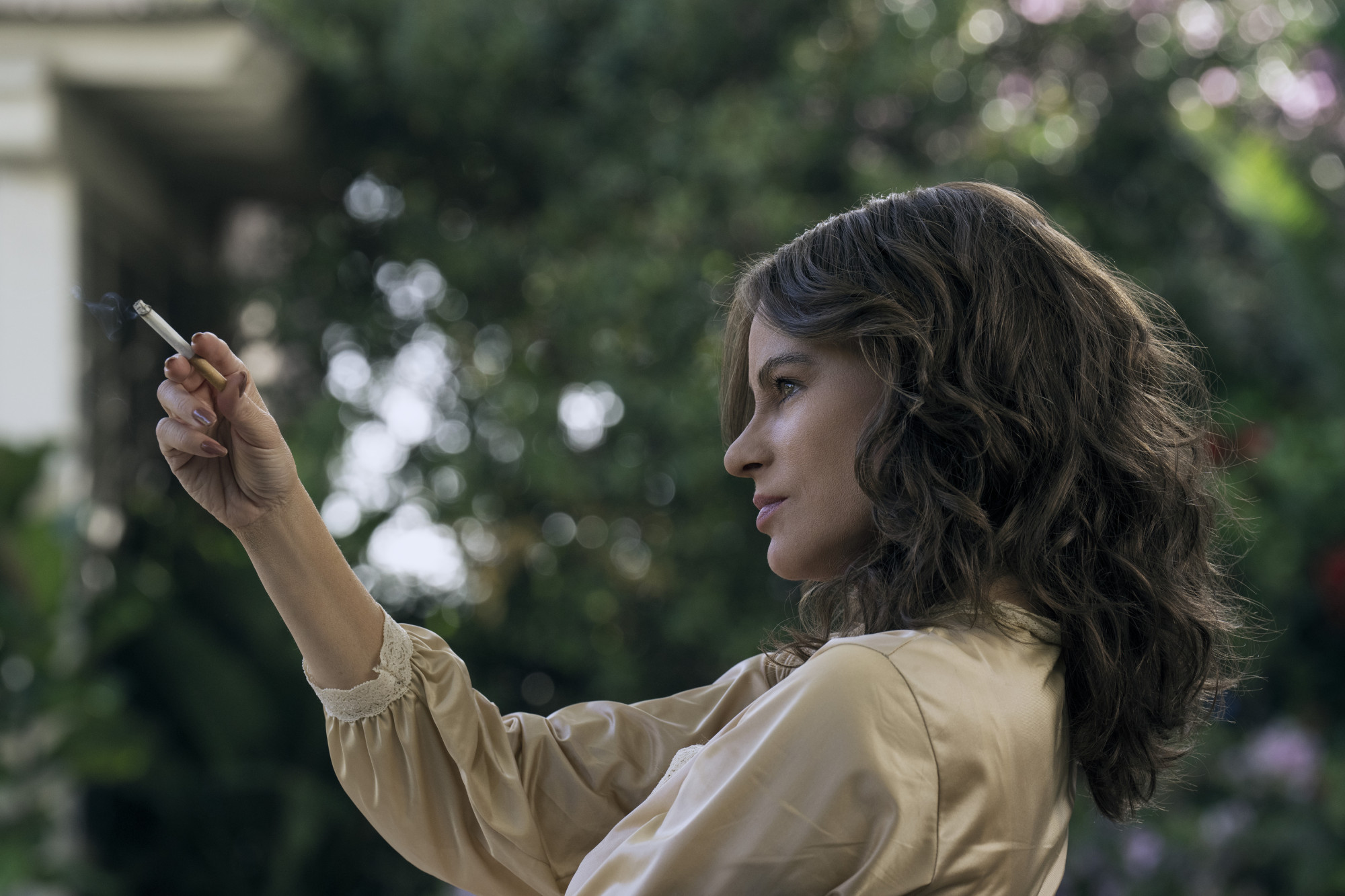
To create the series, Vergara teamed with producer and writer Eric Newman and director Andrés Baiz, both veterans of Netflix’s cartel dramas Narcos and Narcos: Mexico.
Griselda is the first test of Vergara’s ability to stretch her acting muscles beyond comedy.
I was kind of always like, ‘What do real actors do? Can I do this?’
“I was with this person for nine years. I’m trying to adapt again. I’m 51, so it’s not easy, but it’s been good. And to have people see me in another role because everybody recognises me as Gloria and nothing else, because I haven’t really done anything but comedy – it is like a new chapter for me in every way.”
“I had no clue what it meant to have a process,” she says. “It was tricky because I don’t have any real training as an actor. I was married to Joe, who is a classically trained actor. I would ask things and I would see how he would prepare.
“I was kind of always like, ‘What do real actors do? Can I do this?’”
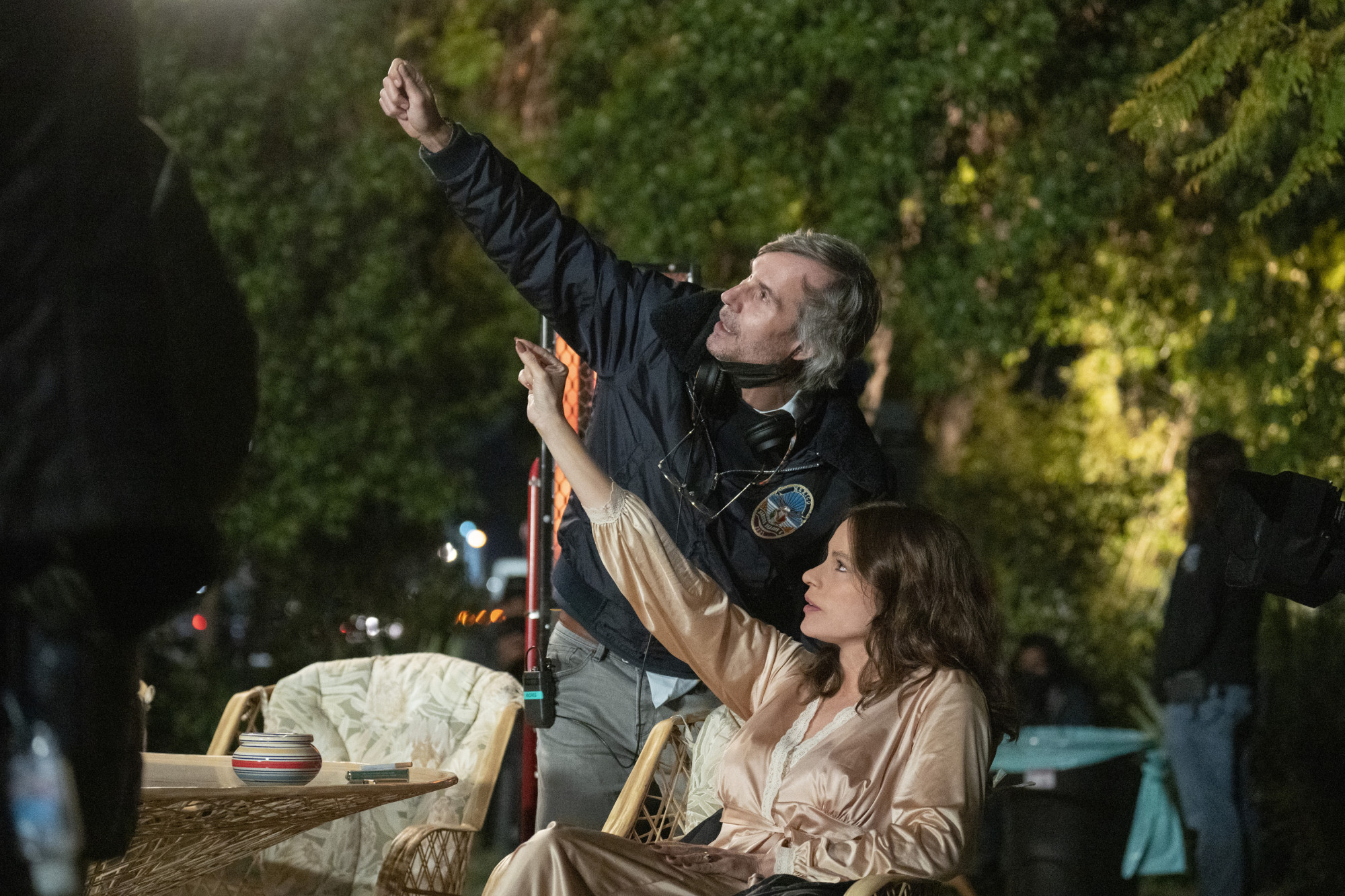
To create a process for herself ahead of filming, Vergara met Baiz a couple of times a week, and she enlisted acting coach Nancy Banks, whose star clientele includes Margot Robbie and Jennifer Aniston, to find new depth in discerning her character’s motives through intense script analysis.
For the first time, Vergara was exploring questions like: what does the character need from the other character? What does my character dream about? What makes her laugh?
It provided an opportunity for Vergara to draw from her own life. She and her siblings were raised in a middle-class home by her father, a cattle farmer, and her homemaker mother.
She grew up during the height of Colombia’s narcoterrorism era and is all too familiar with the crime and violence linked to it. Her older brother, Rafael, was killed in the country in 1998 during an attempted kidnapping.

“The night before I was going to start shooting, I was sitting down in the living room and I thought: ‘Why the f*** did I think I could do this?’” she says. “‘Just because I put on a rubber nose, they’re not going to know that Gloria Pritchett is talking?’ They’re going to say, ‘Who does she think she is?’”
“I guess he was right because when I was in those scenes, it was like anger and a lot of things about my upbringing and where I come from and who I am,” she says.
“I knew those people. My brother was in that business. I knew those feelings. And I understand [Blanco] because all those people that have done really bad things, they’re not all the time bad.
“They think they’re doing the right thing for people. It’s absurd, yeah, because they’re doing horrible things, but I knew the mentality.”

Baiz says one of the appeals of directing the series was to be part of Vergara’s transformation and metaphorically take her hand and guide her to becoming Blanco.
“When we said ‘action’ the first time, I saw Gloria – it was her first instinct,” says Baiz, who adds that all his directions to Vergara were given in Spanish. “We did some pretty dramatic scenes those first few weeks, and yes, I was feeling nervous. It was a process. And I can remember the day where I was like: ‘Oh, she’s got it.’”
Vergara is ready to take on the next Hollywood challenge with more confidence. But she is not naive to the barriers she faces as a Latina actress with a distinctive accent, noting such counterparts as Salma Hayek and Penélope Cruz.

If she had her way, Vergara would like to keep producing projects – she is in talks with Netflix and Newman on another show – and she would like to land a role in a big-budget movie with a big cast.
“I want to be in something like Mission: Impossible or Dune or an Ocean’s Eleven. Something big and international. I don’t need to be the main character.”
Another promising idea.




